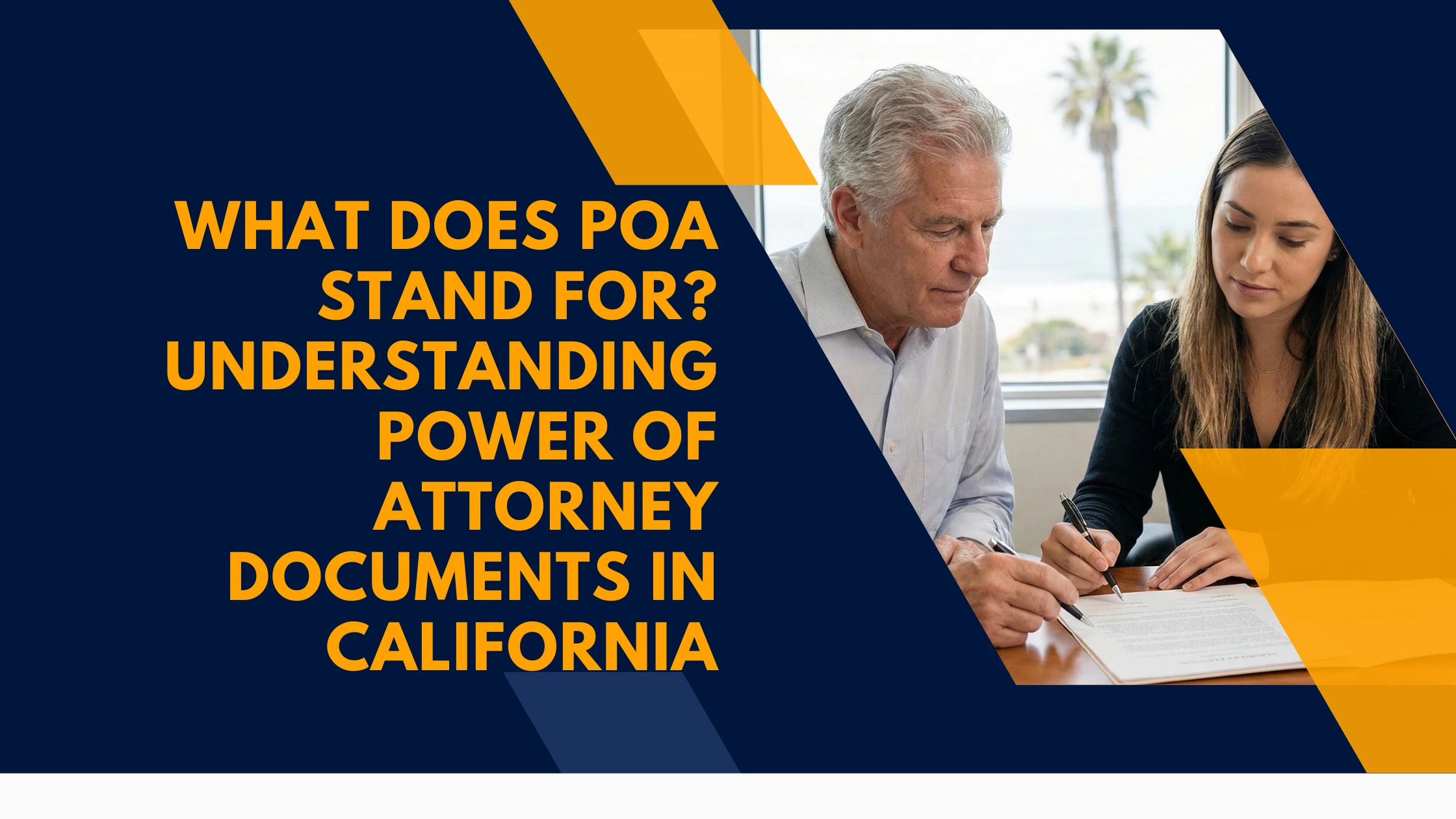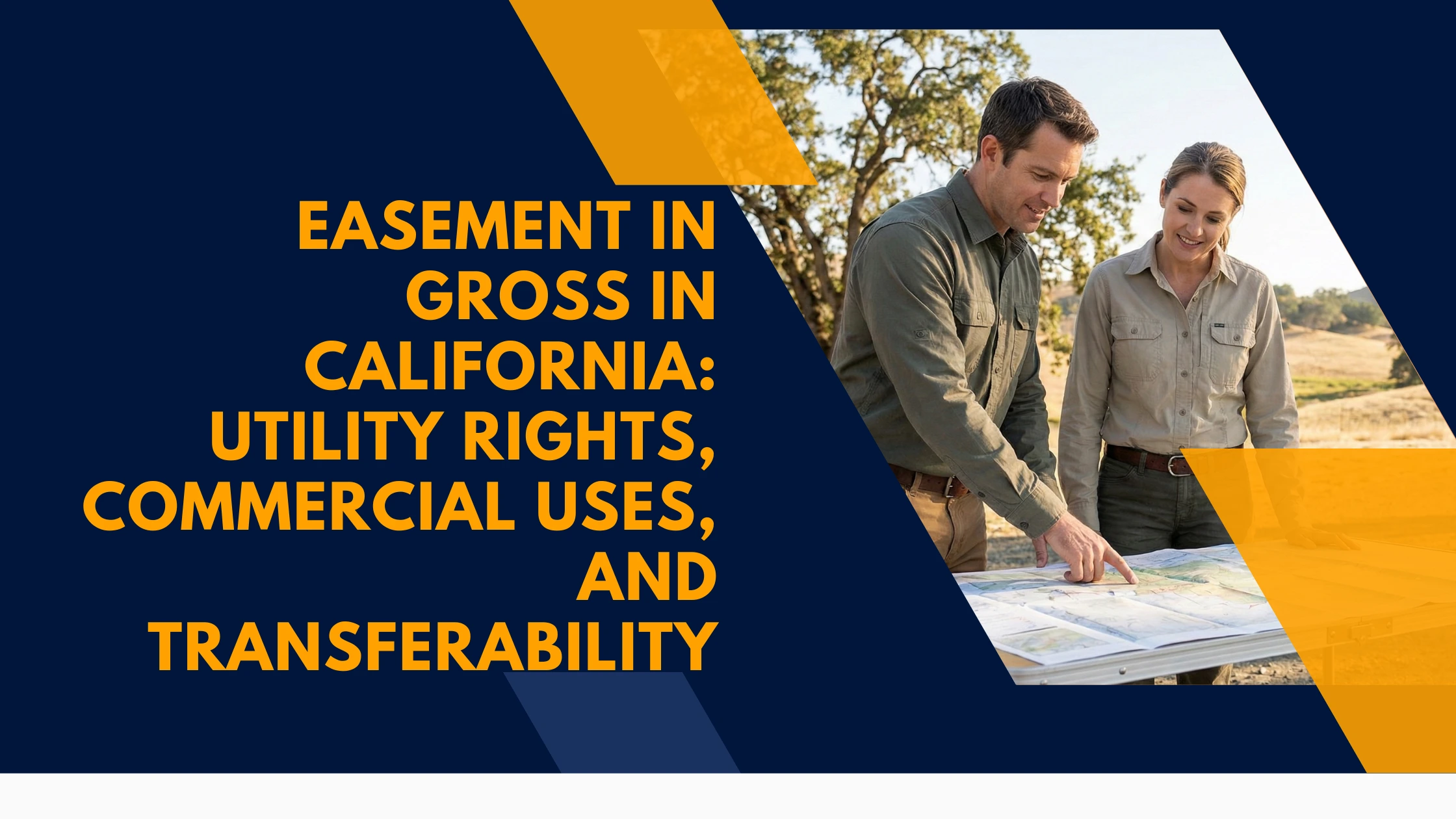TL;DR
A pour-over will is the essential safety net for your trust. When creating estate planning documents like a revocable living trust, this special last will and testament is crucial. What is a pour-over will? It catches any unfunded assets you forgot to place in your trust, directing them there after your death. This may require probate for forgotten assets, but it protects your ultimate wishes. Understanding how a pour-over will works is vital for every pour-over will in California. It is also the only document for naming a guardian for minor children.
Pour-Over Will California: The Ultimate Guide to Protecting Your Trust and Family
You have done the responsible thing. After careful consideration, you created a revocable living trust to protect your family’s future, streamline the transfer of your assets, and avoid the notorious complexities of California’s probate court. You believe your estate plan is a fortress, sealed and secure. But a fortress with a backdoor left open is no fortress at all.
Many people are surprised to learn that a living trust alone is not enough. A critical companion document, the pour-over will, is the key to locking that backdoor. Without it, even the most meticulously planned trust can spring a leak, leaving precious assets and, more importantly, your family’s future vulnerable. This special type of will acts as the ultimate safety net for your trust, but its role extends far beyond just catching forgotten bank accounts. It is a foundational piece of a truly secure estate plan.
How a Pour-Over Will Works as a Safety Net for Your Trust
Understanding what a pour-over will begins with understanding its partner, the revocable living trust. A trust is a legal entity you create to hold your assets. You transfer ownership of your property, from your home to your investments, into the name of the trust. This process is called “funding.” Since the trust owns these assets, they are not subject to probate when you pass away. Instead, your chosen successor trustee can manage and distribute them according to your instructions, saving your loved ones time, money, and stress.
The problem arises from a simple human reality: life is messy, and it is easy to make mistakes. People often create a trust but forget to fund it completely. You might refinance your home and accidentally take it out of the trust’s name. You might inherit property, open a new bank account, or buy a car and forget to title it to the trust. These are known as unfunded assets.
This is precisely where the pour-over will becomes your plan’s hero. As a specific type of last will and testament, its primary function is to “catch” any of these unfunded assets and “pour” them into your trust after your death. Think of it as a funnel. Any property still in your individual name gets collected by the will and channeled directly into your trust.
However, there is an important catch. These unfunded assets do not get to bypass the court system. The pour-over will must be submitted to the court, initiating a process known as probate for forgotten assets. While this may seem to defeat the purpose of having a trust, it is a far better alternative than the alternative. Without a pour-over will, your unfunded assets are subject to California’s intestate succession laws. This means a judge, following a rigid legal formula, will decide who gets your property. That outcome may be drastically different from what you outlined in your trust.
Therefore, the pour-over will acts as an essential safety net. While it cannot prevent probate for forgotten assets, it ensures those assets ultimately land in your trust to be handled according to your wishes. Properly preparing these estate planning documents is a detailed process.
Navigating the complexities of estate planning documents can be challenging. To help you understand how a pour-over will fits into your plan, contact Bay Legal PC. Our team advises on creating a comprehensive strategy to protect your assets and family. Schedule an appointment via our booking calendar, call us at (650) 668 8000, or email intake@baylegal.com to discuss your needs. Visit our office at 667 Lytton Ave, Suite 3, Palo Alto, CA 94301, United States. Attorney Advertising.
The Critical Role of Naming a Guardian in Your Pour-Over Will
Beyond managing unfunded assets, the pour-over will performs another function that is arguably even more critical: naming a guardian for your minor children. This is a responsibility that a revocable living trust cannot legally handle. Only a will can nominate the person or people you want to raise your children if you are no longer able to.
For parents, this is the most important decision within their estate plan. Naming a guardian gives you control over who will care for your children, make decisions about their education, and manage their upbringing. It allows you to choose someone who shares your values, parenting style, and vision for your children’s future. This designation is a cornerstone of your last will and testament and provides immense peace of mind.
If you die without a will that names a guardian, a court will be forced to make that decision for you. A judge who does not know you or your family will listen to arguments from relatives and make a choice based on limited information. This can lead to family disputes and, tragically, a result you would never have wanted. Your children could be placed with someone you would not have chosen, creating instability during an already traumatic time.
This makes the pour-over will an absolutely essential document for any parent with a trust-based estate plan. It seamlessly integrates the financial protection of your trust with the personal protection of your children. Understanding how a pour-over will works in this capacity reveals its true importance. It is not just about money; it is about securing your entire legacy, especially the well-being of your loved ones.
Worried about unfunded assets or naming a guardian for your children? A well-drafted pour-over will is a critical component of your estate plan. The team at Bay Legal PC can help you create the right documents for your situation. Schedule an appointment through our online booking calendar, email intake@baylegal.com, or call (650) 668 8000 to get started. Our office is at 667 Lytton Ave, Suite 3, Palo Alto, CA 94301, United States. Attorney Advertising.
Navigating California’s Legal Requirements and Future Changes
The legal framework for a pour-over will in California is well-established. For the will to be valid, it must clearly identify the trust into which the assets will be poured. The terms of that trust must be in a separate written document, though the trust itself can be established before, at the same time as, or even after the will is signed. This flexibility allows for comprehensive and cohesive planning.
It is also worth noting that California law offers a simplified probate procedure for small estates. For deaths on or after April 1, 2025, estates with personal property totaling less than $208,850 may qualify for a streamlined process that avoids the full, formal probate. If your unfunded assets fall below this threshold, the probate for forgotten assets could be relatively quick and inexpensive. However, relying on this is risky, as the value of even a single forgotten bank account or piece of property can easily exceed the limit.
Furthermore, the legal landscape is constantly shifting. For instance, major changes to the federal estate tax exemption are anticipated at the end of 2025, which could significantly impact many families in California. Having a robust and correctly structured set of estate planning documents, including a revocable living trust and a pour-over will, provides the flexibility needed to adapt to such changes.
Knowing what a pour-over will and how it functions is the first step. The next is taking action to ensure this vital safety net is securely in place, protecting everything you have worked for and everyone you love. Your trust is designed to be a shield, but that shield is incomplete without this crucial reinforcement.
Understanding how a last will and testament interacts with a revocable living trust is key to a secure future. At Bay Legal PC, we strive to clarify these concepts for our clients. If you have questions, we are here to provide guidance. Schedule a consultation using our booking calendar, call (650) 668 8000, or email intake@baylegal.com. Our office is at 667 Lytton Ave, Suite 3, Palo Alto, CA 94301, United States. Attorney Advertising.
You have meticulously planned your trust, but have you secured the gate that protects it from the assets you left behind? The one forgotten property or overlooked account could unravel everything.
Frequently Asked Questions (FAQs)
1. What is a pour-over will?
A pour-over will is a specific type of last will and testament used with a revocable living trust. Its main job is to transfer any unfunded assets into your trust after you die, acting as a safety net for your trust.
2. How does a pour-over will work in California?
In California, this will “pours” any assets left out of your trust into it upon your death. These assets go through probate, but the will ensures they are ultimately managed and distributed according to the terms of your living trust.
3. Why do I need a will if I have a revocable living trust?
A trust only controls assets titled in its name. A pour-over will handles unfunded assets and is the only legal document for naming a guardian for your minor children, making it a critical part of your estate planning documents.
4. Does a pour-over will avoid probate for forgotten assets?
No, any unfunded assets handled by a pour-over will must first go through the probate process. However, it prevents those assets from being passed down according to state intestacy laws, which might contradict your wishes.
5. Is a pour-over will the same as a last will and testament?
A pour-over will is a specific kind of last will and testament. While a traditional will dictates the entire distribution of your estate, a pour-over will primarily works to fund your revocable living trust with leftover assets.
6. What are unfunded assets?
Unfunded assets are properties, accounts, or other possessions that were not legally transferred into your revocable living trust during your lifetime. A common mistake is acquiring new assets and forgetting to title them in the trust’s name.
7. Can I use a pour-over will for naming a guardian?
Yes, and it’s essential. A trust cannot name a legal guardian for minor children. The pour-over will is the correct and legally binding estate planning document in California to make this important designation for your family.
8. What happens if I don’t have a pour-over will in California?
Without a pour-over will, your unfunded assets will be distributed according to California’s intestate succession laws. A court, not you, would also decide who becomes the guardian of your minor children, a frightening prospect for any parent.
9. How are a pour-over will and a safety net for your trust related?
The will acts as a backup plan. Life is dynamic, and it’s easy to miss an asset. The pour-over will serves as a safety net to catch these oversights, ensuring your complete estate plan remains intact and effective.
10. Do I need a lawyer for a pour-over will in California?
Working with an attorney can help you correctly draft and execute the document to comply with California law. This helps to avoid potential challenges and confirms it works seamlessly with your revocable living trust and overall estate planning goals.
Attorney Advertising Disclaimer
This website and its contents are for informational purposes only and do not constitute legal advice. Prior results do not guarantee a similar outcome. Every estate planning matter is unique and depends on specific circumstances and applicable law. Viewing this site or contacting Bay Legal, PC does not create an attorney–client relationship. If you need legal advice, please schedule a consultation with a licensed attorney.






